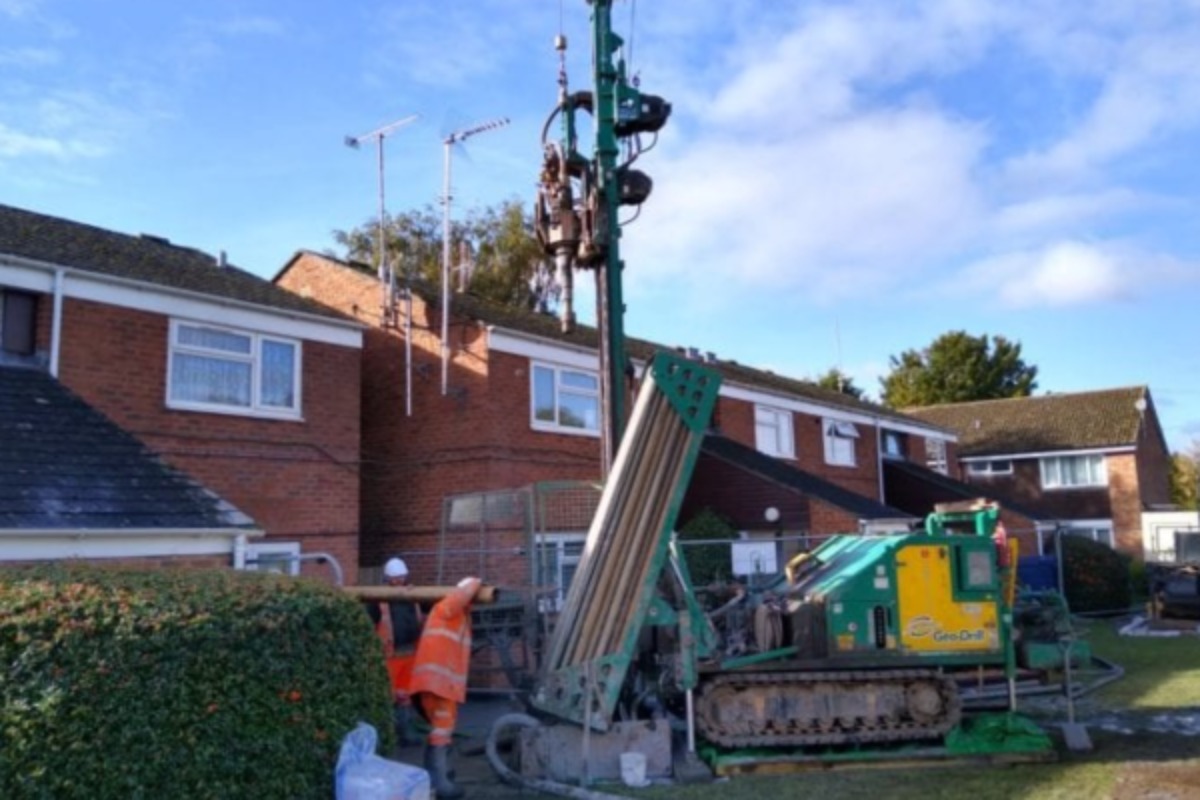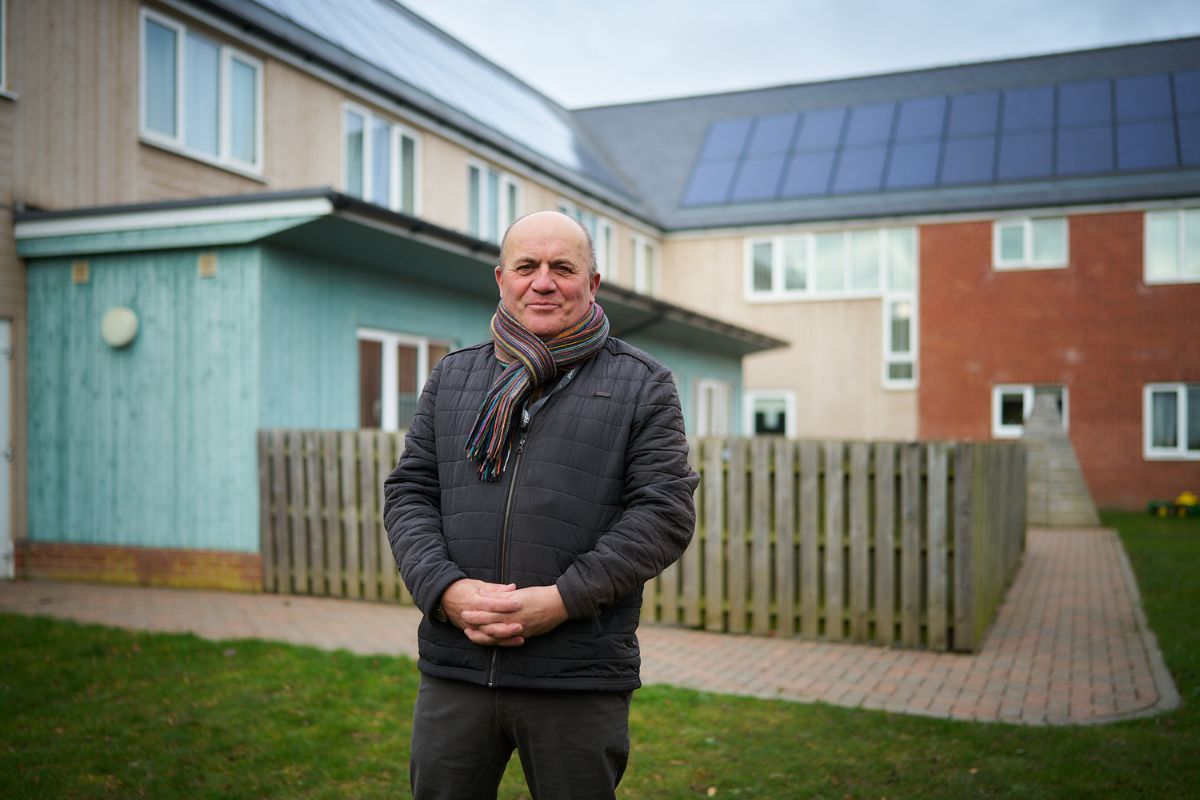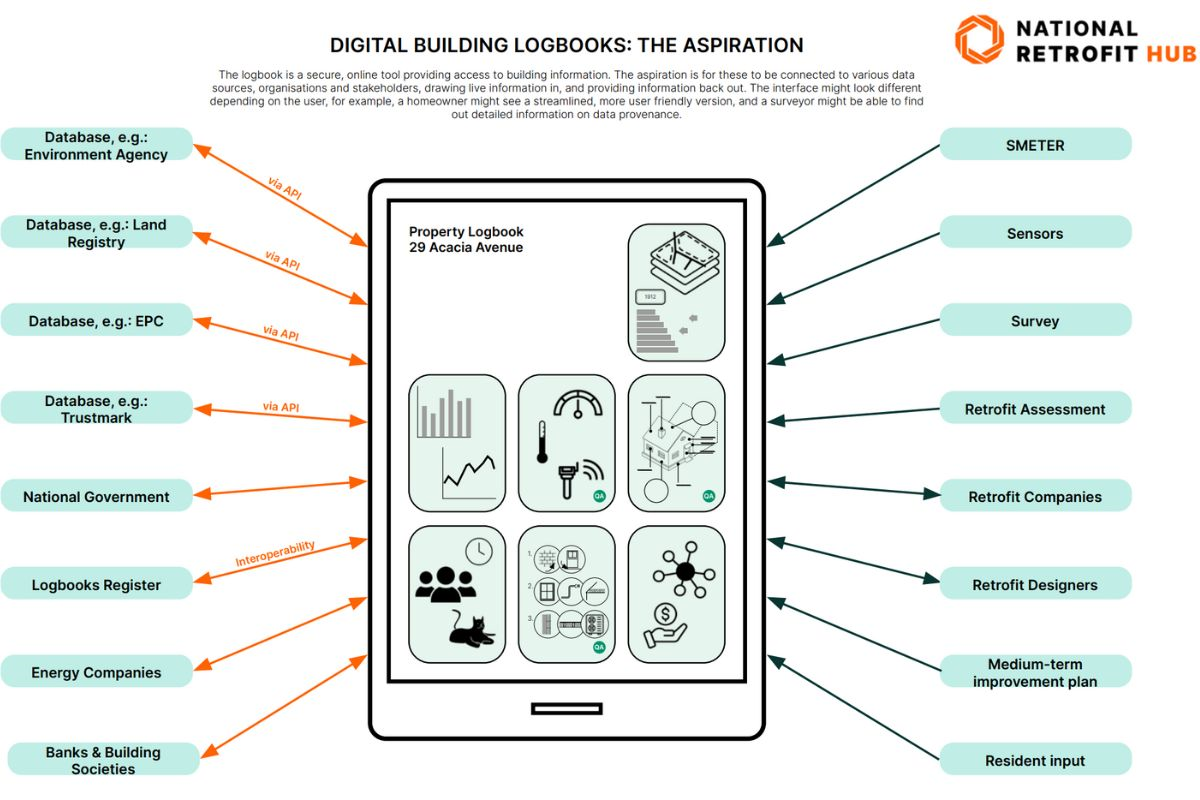Energy Efficiency - the big challenge for housing associations
Improving the energy efficiency of existing homes is the biggest challenge facing housing associations’ race to net zero. According to the Climate Change Committee we must reduce emissions from homes by approximately 83% by 2050, which will require significant investment. Despite competing challenges facing the sector, we need to prioritise improving energy and fuel-efficiency of existing stock or we will run out of time.
To find solutions, in 2020 Stonewater commissioned think tank IPPR to develop a pathway to retrofitting social housing, as well as funding and delivery mechanisms. The report, All hands to the pump: A home improvement plan for England, champions an ambitious investment programme placing retrofitting of social housing at the heart of the post-Covid recovery.
The report makes a number of recommendations, including:
- a clear technological pathway – ideally using existing technologies like electric heat pumps, heat networks and energy efficiency upgrades.
- heat pumps should be installed alongside other energy efficiency measures to make homes affordable for occupants to run, in order to tackle both climate change and fuel poverty.
- the Government should commit half the cost of upgrading homes to EPC Band C £5.3bn per year to 2030 and £3.5bn from 2030-50 to meet domestic net zero targets.
- to build the capacity needed for retrofitting at scale, Government must provide investment in a large-scale training programme for clean heat installers.
This investment would create up to 275,000 jobs in England, and 325,000 jobs in the UK by 2035. These skilled jobs will support the economic recovery and ensure sufficient capacity to retrofit en masse.
How we have taken the findings of the report on board
Since the publication of IPPR’s research, Stonewater is demonstrating that housing providers can prepare their own long-term plans and assess the feasibility of achieving ambitious targets. We have committed to upgrading all of our homes to a minimum of EPC Band C by 2030 and have modelled the investment required to reach Band B and net zero.
To highlight that existing technology is key to the retrofit challenge, we are already lifting a number of our homes to EPC Band B and C by upgrading their heating with both air- and ground-source heat pumps.
We are particularly proud to be involved in the Energy Superhub Oxford project. 60 ground-source heat pumps have been installed with Switchee smart thermostats which use ‘time of use’ tariffs to reduce customers’ heating bills.
Elsewhere, we are assessing several innovative projects that combine low carbon technologies to find new solutions. We are also working with partners and the supply chain to scale up our retrofit plans. The industry is keen to take advantage of opportunities to do more, however, without long-term financial support from Government, it cannot ramp up manufacturing and delivery capacity for a large scale retrofit programme.
We believe collaboration is key to efficiently decarbonising social housing, and housing associations are well placed to work together to retrofit at scale and give the supply chain certainty to meet demand. We can also demonstrate an achievable pathway for other tenures in communities where we operate.




